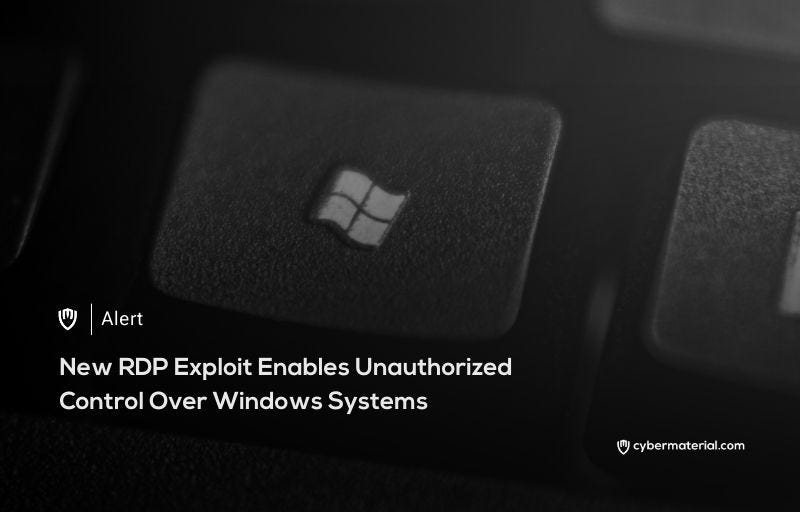
Cybersecurity experts have discovered a new exploit leveraging the Remote Desktop Protocol (RDP), a widely used tool for remote access to Windows systems. The exploit arises from the improper handlin…

Cybersecurity experts have discovered a new exploit leveraging the Remote Desktop Protocol (RDP), a widely used tool for remote access to Windows systems. The exploit arises from the improper handlin…